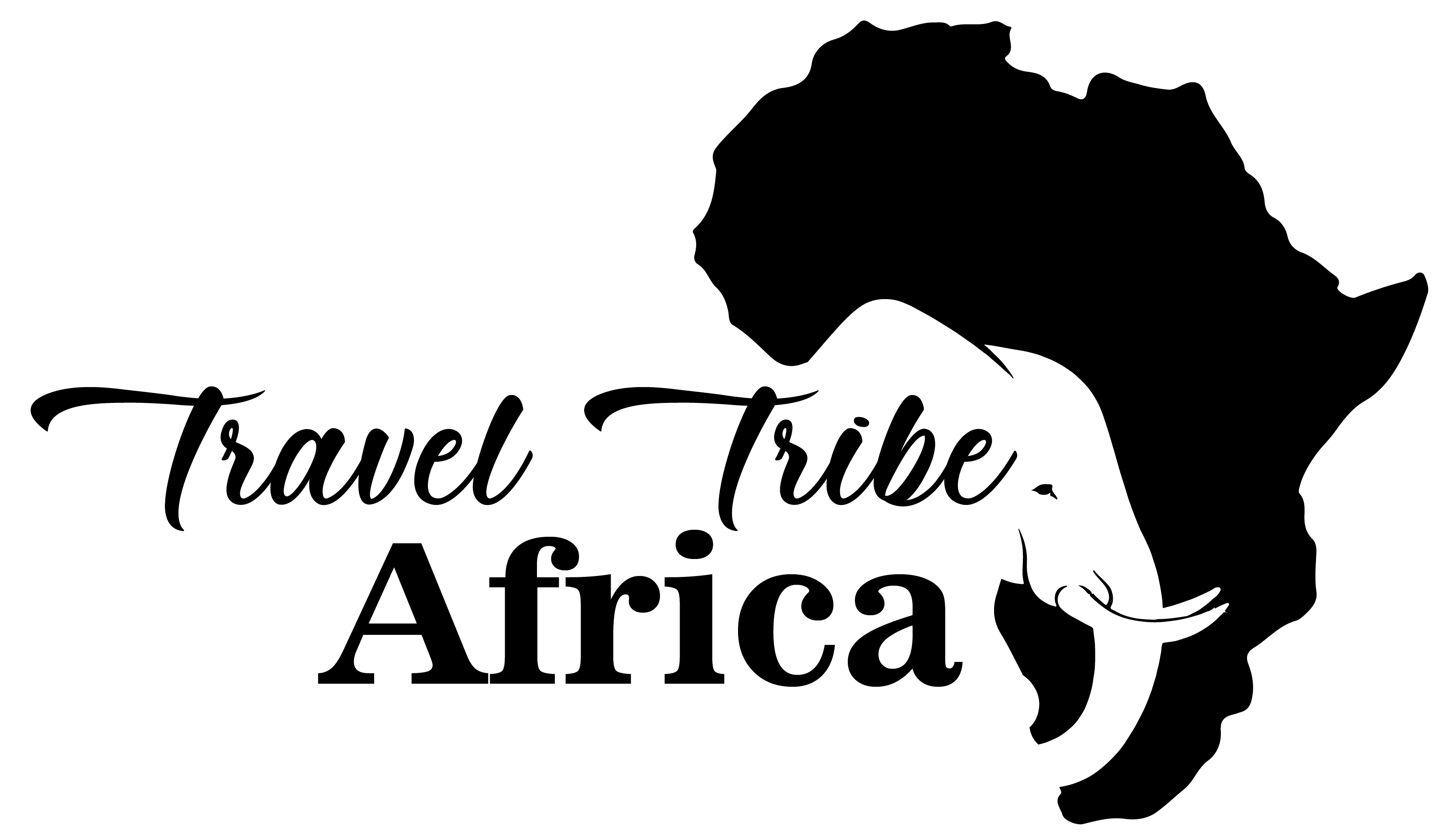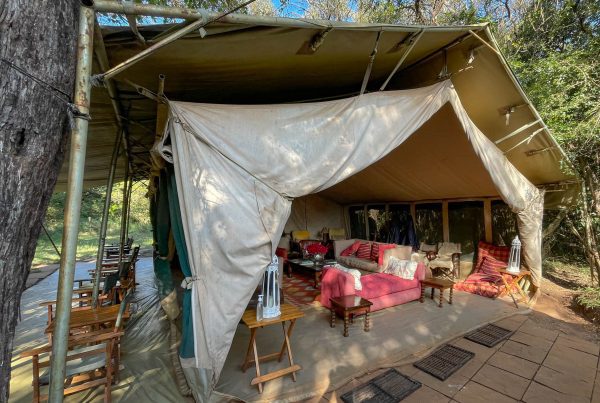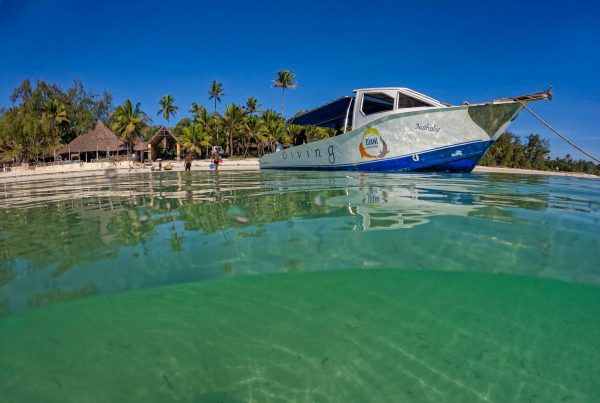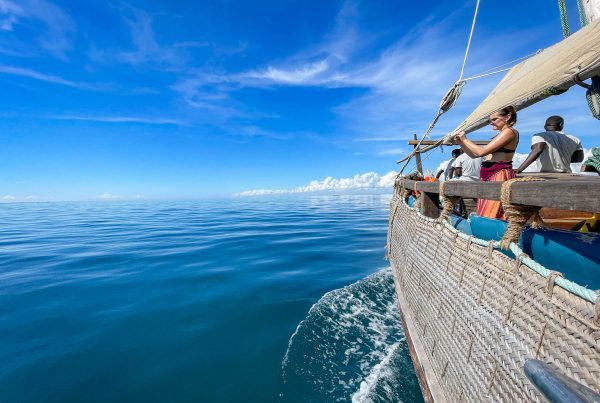With travel to any country, it’s always nice to have a good idea of what to expect once you arrive and when exploring.
Kenya has a fairly relaxed pace – life happens much slower here, which is one of the things I love about the country, having spent my recent years in the proverbial ‘rat race’.
This post is part my Kenya Family Travel Guide – a set of resources I am building to help families plan their travel to Kenya. I would recommend that you also take a look at the Is Kenya Safe article. I am also writing a post about Health and Hygiene – this is coming soon, but in the meantime here are a few tips from the National Health Service in the UK. These posts will complement and build a little further on some of the information included here.
View Post by Category
To help you navigate the post, I have organised it into sections. If there’s a specific topic of interest, you can jump straight to it here. Otherwise, you can enjoy reading through from the top.
This is Africa (TIA) and Africa Time
“This is Africa” (TIA) and “Africa Time” are phrases that pretty much anyone who has visited the continent will be aware of – and if you have been but haven’t heard of it, you will almost certainly relate to what I’m about to say.
TIA
TIA is a term used by both Africans and non-Africans to jokingly acknowledge challenges that are outside their control and common on the continent. Such examples may include power cuts, bureaucracy, questionable situations, slow time keeping and general inconvenience.
Africa Time
In Kenya, like many African countries, things happen much slower and sometimes, more painfully than they do in many developed countries. While it can be frustrating at times, there is absolutely nothing you can do about it!
The best advice I can give is to understand it, accept it, relax and embrace it, as frustrating as it can be at times. Don’t try and compare it to how things may work in your country. Kenya is different and in many ways this makes it a beautiful and special place but of course, this can come with a few downsides.
One thing I’ve learned from being in Kenya is that being impatient or aggressive will not get you far; as a best case, you may find it slows the process down further or gets you sent to the back of the queue. In other cases, you may find it brings about more trouble than you bargained for.
On the contrary, smiling, being friendly, polite and respectful will usually go in your favour. It will also make you feel better and allow you to enjoy your trip much more than getting wound up all the time! Kenyans are generally good-humoured and so, appealing to their friendly nature can help move things along a little more smoothly.

In Kenya, like many African countries, things happen more slowly than western nations. Image by Oladimeji Ajegbile on Unsplash.com
Language
Kiswahili is the official language of Kenya but English is widely spoken, especially in tourist areas. In rural areas, local tribal languages and dialects may be spoken. There is no need to learn any Kiswahili. However, learning a few words and phrases can be fun and many local people will appreciate the sentiment. There’s a free guide here or you may prefer a phrasebook such as this one, which you can read on your flight and carry around with you.
You may find that in some lodges and beach resorts, staff speak a number of languages.
A word of caution. The ‘beach boys’ that you will encounter on the beaches of many popular coastal resorts, often speak different languages. This can be harmless but some people can find them to be fairly intense and sometimes intimidating. In some cases, their motives may also be questionable; it is always best to be on the cautious side in these situations. Keep conversations brief and don’t give too much away. Seek assistance from the hotel staff, if you feel the need to.

A typical beach in Mombasa, Kenya. Image copyright Ayaan Chitty.
People
Kenyan people are some of the friendliest people you will meet and are generally very welcoming towards tourists. The people are often curious and you may be subject to some stares, especially in the areas outside the city, where tourists do not frequent. Do not feel threatened or anxious, they may just not be used to foreigners travelling through their area or are interested in a new face.
Many Kenyans are happy to engage in friendly conversation and love to have a little banter. Embrace this, engage freely and ask questions. Whilst people are often friendly, as with anywhere, you may encounter some that appear to be less welcoming. People are people and this will happen in all corners of the world. You should not take offense by this.
It should also be understood that Kenya has a turbulent history during colonial times. Although time has moved on, it has not been completely forgotten by everyone, so showing respect and being courteous goes a long way.
When taking photos, you should not assume you have a right to take pictures of people in the street, in their village or home. You are visiting their environment, so treat people as you would expect to be treated in your neighbourhood – would you appreciate someone with a zoom lens snapping pictures of you? This doesn’t mean you can’t take photos, just be respectful and do not see it as your right to do so. Simply asking permission or making sure people are comfortable with it is a basic human right.

People walking in Mombasa, Kenya. Image copyright Ayaan Chitty.
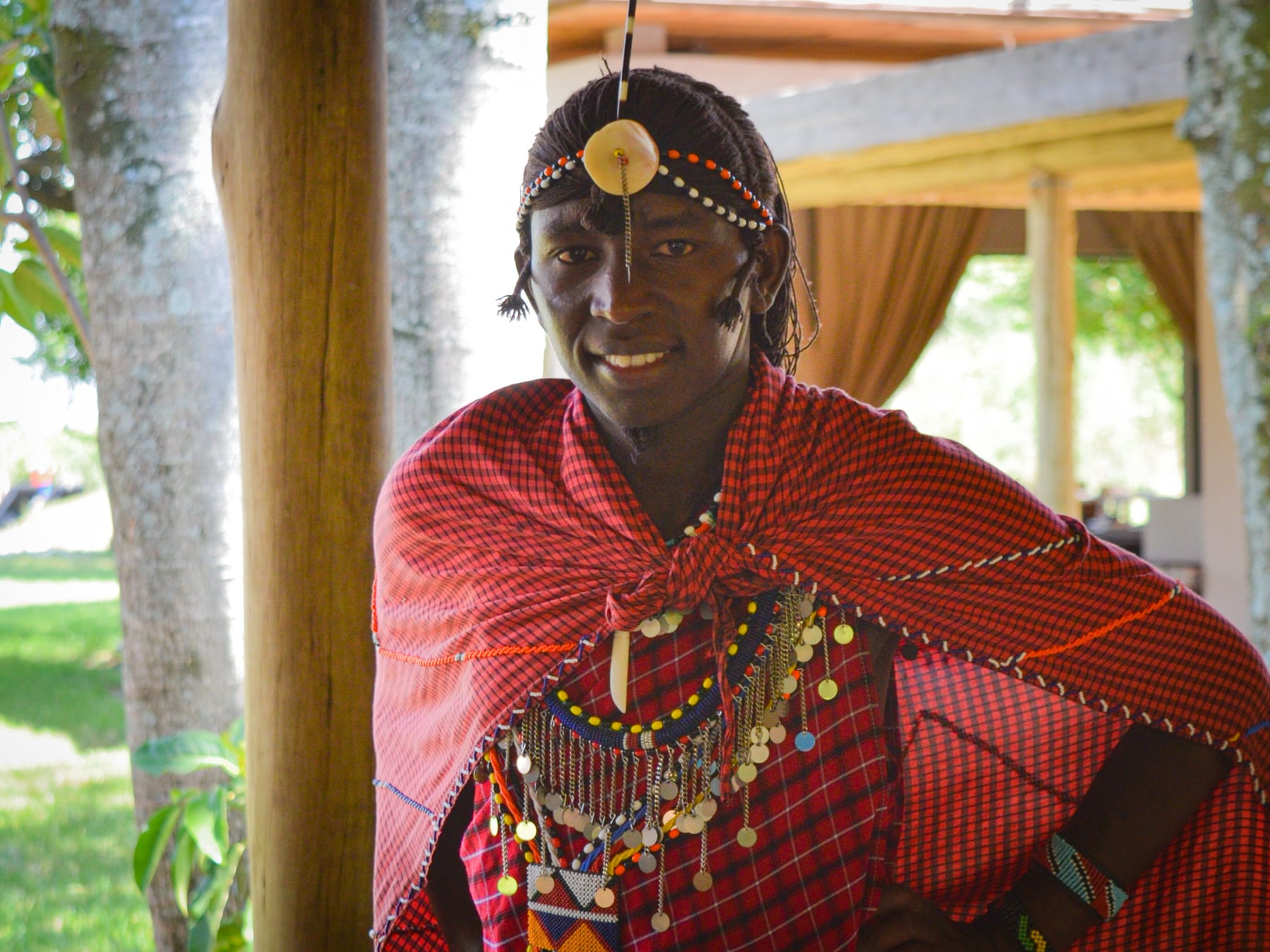
A Maasai man posing for the camera. Photo taken at Maasai Mara. Image copyright Ayaan Chitty.
Currency
The currency in Kenya is the Kenyan Shilling, often abbreviated to KES or Ksh. It’s also commonly referred to locally as ‘bob’ (probably a continuation from the British colonial times – ‘bob’ was a common slang term used to describe a shilling (12 pence) under the old money system in Great Britain, that was replaced in 1971 by pounds and pence).
Notes come in 1000, 500, 200, 100 and 50 shilling denominations (I didn’t have a spare 200 note for the picture below, so if you’re detail focused, you’ll notice it’s missing!). Coins are used for smaller denominations.
Exchange rates vary, but as a rough guideline for easy conversion:
- USD 1 is approximately 100 shillings (view the current market rates)
- GBP 1 is approximately 135 shillings (view the current market rates)
You can change money in your home country – if you do, shop around for the best rates (generally airports will be the highest, so it’s best to organise in advance of your trip). If you need to change money in Kenya, always use legitimate foreign exchange facilities. These are located inside most banks or shopping centres.
You may get approached by people offering to exchange dollars or euros for local currency. Politely decline their offer.
Although it’s good to have some cash, try not to carry more than you need and keep it in different places for safety reasons. There’s no need to carry excessive amounts and much better to leave any excess locked safely in your hotel. It is sensible not to display large amounts of cash in public for obvious reasons.
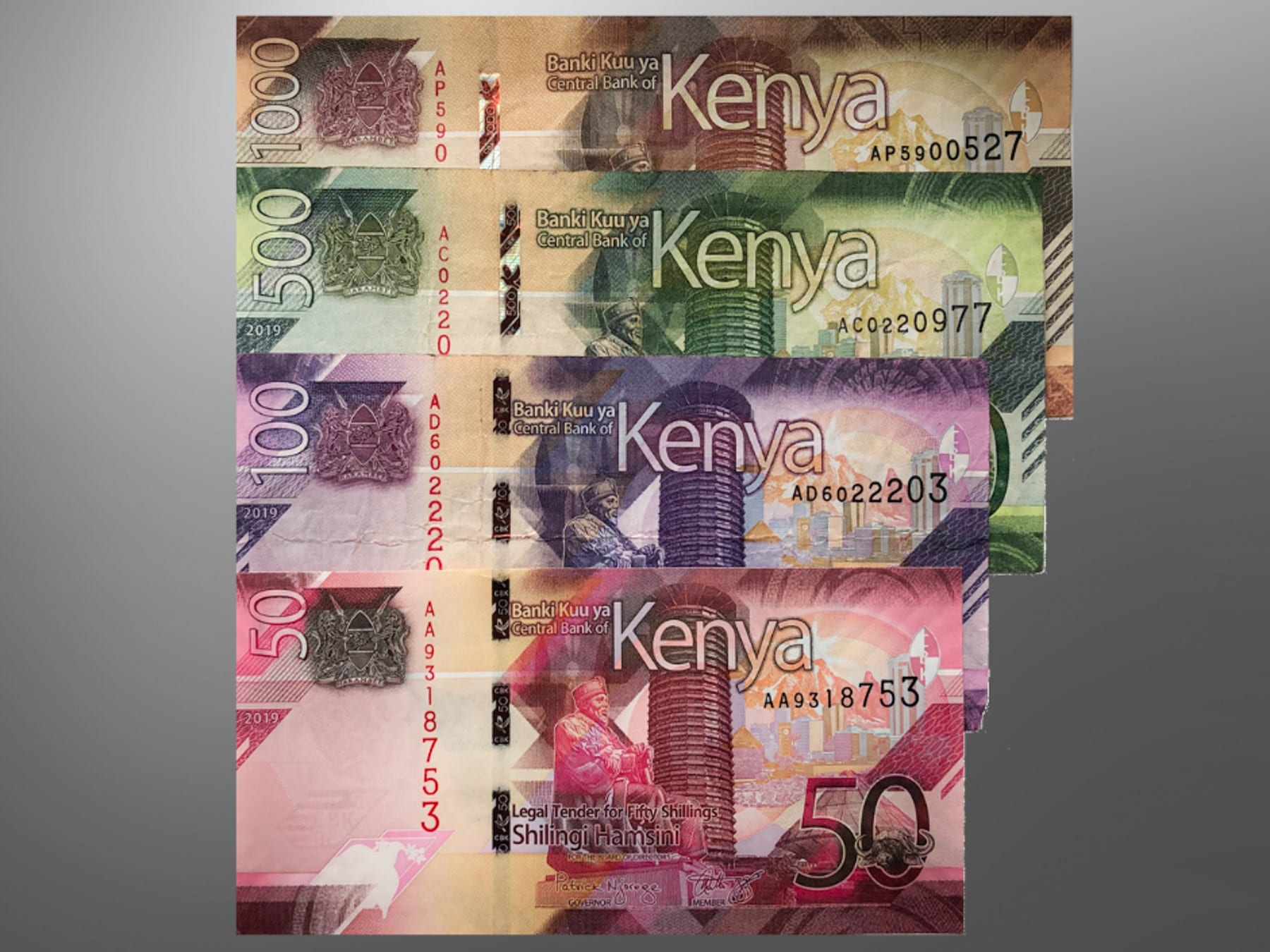
Currency of Kenya. Image copyright Ayaan Chitty.
Cards and ATMs
ATMs are common in city areas and shopping centres. However, they are not always easy to come by in other areas. Credit cards are widely accepted in most shops, restaurants and hotels. However, it’s best to keep some cash with you, especially if you are travelling to rural areas or for markets, tips etc.
When you do carry cash for tips and to shop at local markets, it’s generally best to have a range of denominations and ideally smaller notes, as some places struggle with finding change for larger notes.
Another option to use in place, or in addition to your credit card is a digital, prepaid card such as Revolut. I find these really handy as a back-up, as they can be topped up and managed at any time via a mobile app, and then used in the same way as any normal Visa card.

Revolut is a prepaid, digital banking solution that is handy for travel. Image by Revolut.
Spare Cash
It is also advisable to keep some spare dollars, as well as Kenyan Shillings in mixed denominations. Many banks in Kenya will not accept older US dollars, so try to make sure that you travel with fairly new dollars.
A discreet money belt such as this one, allows you to keep some spare cash hidden, just in case anything happens to your wallet.
You should also be aware that upon leaving Kenya, it is not permitted to take more than 100,000 Kenyan shillings (about USD 1,000) out of the country.

Carry some spare cash and dollars in mixed denominations. Image copyright Ayaan Chitty.
Passports
It is highly recommended to carry your passport with you while in Kenya. Police are known to stop tourists to request identification. Copies may be sufficient but it is not guaranteed and to avoid any hassle, it is best to have the original passport. You will also be required to show a valid passport at National Parks, some tourist attractions and of course, when checking in to hotels and lodges.

It is recommended to carry your passport with you while in Kenya. Image copyright Ayaan Chitty.
Traffic
Traffic can be very unpredictable in Kenya and often, Nairobi can be horrendous at certain times of day. As a general rule, it is advisable to leave plenty of time if you need to travel anywhere – especially if you are travelling to the airport to catch a flight! There are also additional security checks at Nairobi’s Jomo Kenyatta Airport as well, which require you to exit your vehicle and pass through a security checkpoint on foot. This can add additional time, especially if you are already running late.

Traffic in Nairobi can be unpredictable – leave plenty of time for your journey. Photo by Yonko Kilasi on Unsplash.com
Tipping
So there’s no specific rules on tipping in Kenya. However, many people working in the hospitality and service industries earn very low wages in comparison to western countries. Tips can make a big difference to their take home pay.
As a guide, 10% added to a restaurant bill, $2 – 5 for porters and service staff and $10 – 15 for a tour guide (per day) are reasonable amounts. You can tip more if you wish. It’s helpful to have smaller denominations of shillings available, so that you can make sure the tip goes directly to the person you are intending to give it to.
For taxis, it’s common to round up the fare or give a couple of dollars on top, as a token of appreciation.

Hotel staff dressed in traditional Maasai attire. Tips can make a big difference to to take home pay for many in service industries. Image copyright Ayaan Chitty.
Poverty and Street Children
Despite the emotional feelings you may have when you see people who need help, you should try to avoid giving street children money. Handing out money is often not the best way to help them and will encourage more begging. In some areas, money may be used for glue sniffing or other potentially dangerous substances. In addition, there is a risk that more children will appear (from nowhere!) once you start giving out money – this can get quite out of hand and become overwhelming, especially in highly populated areas.
If you are travelling to villages, you could offer something small, like pens, fruit, sweets etc. Although it is a nice gesture to offer your support, often the best way to support people is through local charity organisations and groups. Such groups will have the resources and local knowledge to ensure that people in a given community are supported fairly and in the best way for their needs.

Street children in Nairobi, Kenya. Image by bennett tobias on Unsplash.com
Clothing
In a future article, I will write about packing for a trip to Kenya – including tips for safari, beach and city life. However, as a general rule, it is best to take a variety of options. Despite many people assuming that Kenya is going to be scorching hot all year round, temperatures in Kenya can vary drastically between locations and time of day. Evenings and early mornings can be chilly, even in the warmer months. It is best to pack clothes that can be layered and a few warm clothes too. Carrying a light weight rain jacket is also a good idea.
As a general rule, the long, cool dry season runs from July to October. During these months, weather is warm and pleasant, without stifling heat. Short rains occur at the end of October through to December. January and February are the hottest months, before the long rains arrive from April through June. During the changing of seasons, the weather can be a little erratic. Coastal weather will vary from Nairobi and surrounding areas, so it’s always best to check the weather for the areas you plan to travel to ahead of your trip!
There is generally no formal dress code. Relaxed but sufficiently modest dress goes well here for the most part. However, some hotels and lodges do not allow shorts and beach wear, including flip flops for evening dinner. You wish check with the hotel beforehand or carry some smarter clothes, just in case.

Evenings and early mornings can be chilly, even in the warmer months. It is best to pack clothes that can be layered and a few warm clothes too. Image copyright Ayaan Chitty.
Food and Water
Often I read blogs online that tell me cuisine in Africa is nothing to write home about. I beg to disagree. What is African food anyway? Firstly, food can vary massively across the 54 countries that make up Africa! Secondly, yes the staple food eaten by locals in Kenya can be on the basic side. But the same was once said about English food!
Various cultural influences, especially from Europe, the Middle East, Pakistan and India have added a unique mix of flavours and cooking styles. As a result, Kenya (especially Nairobi and Mombasa) offer a delicious variety of food. Hotels will generally offer international cuisine, as well as an opportunity to sample some local options.
If you are visiting Nairobi, check out this post for some of my favourite places to eat and hang out.
Some street foods are generally fine to try – such as coconut (madafu), maize/corn (makai), cassava (mogo) or sugarcane juice. However, as a rule, it may be better to avoid local street food vendors, as these often have unsanitary conditions. Locals will have established a natural resistance but many foreigners may end up with an upset stomach. Of course, this is up to you but as there is a good chance a few days of your trip may end up sacrificed, it is probably not worth the risk, especially for children. My advice for families, is that it is better to stick to established restaurants and hotels, where possible.
It is worth noting that dietary restrictions can be difficult to sustain in certain areas. Outside major hotels and resorts, options may be limited for vegans, vegetarians and gluten free etc. You may wish to take this into account when packing for your trip or when in larger city areas and supermarkets.
Water will be important and proper hydration is crucial to ensure you don’t suffer from dehydration. While sometimes water can be safe, it is always difficult to be sure, so my recommendation is to use bottled or boiled water to avoid any risk. Kenya has recently banned all single use plastics in their parks, so a reusable water bottle will be a good option – check with your hotel or tour operator before setting out for trips. This option by LifeStraw is good, as it has a purification straw built in, taking away any concern if you are unsure of the water source you are filling your bottle from.
If you are travelling to more extreme or remote locations, you should consider taking purification tablets or a life straw with you. This is a good emergency provision as opposed to a requirement.
As a final tip, it is best to avoid ice or salads that are served outside of the major hotels and upmarket restaurants, as it is not possible to be sure what water has been used.


Food in Kenya is doesn’t have to be basic or boring – there’s a big variety in the tourist areas of Nairobi and Mombasa. Images copyright Ayaan Chitty.
Health
I will be writing a post on health and hygiene shortly. For now, you can refer to this helpful guide by the UK National Health Service. However, there are a few general tips that I want to bring your attention to, which are helpful to be aware of on an everyday basis while in Kenya.
Malaria is a risk in Kenya – but less so in Nairobi. As a rule, it is always best to avoid contact with mosquitoes, as far as possible. Speak to your doctor or travel clinic and look into precautionary medication before your travel (but also consider any side effects). You should also cover up after dusk, use a good quality insect repellent, position mosquito nets (usually provided by hotels) before dusk and use a mosquito plug or vape mat (you can buy these inexpensively locally in most supermarkets or grab one like this before you travel. The UK plug is handy, as it means you won’t need an adapter). If you have specific issues with mosquitoes, you can also buy insect repellent for your room locally – Raid or Doom are the common brands. You can pick up a can from pretty much any supermarket. Give the room a good spray before sunset, which is when mosquitoes start to become active.
Always carry everyday travel medication, such as paracetamol/ibuprofen, antihistamines, rehydration sachets/tablets, loperamide and of course, sufficient supply of any usual medication that you take for personal needs. However, for your peace of mind, there are many pharmacies that are fairly well stocked.
You should also keep antibacterial wipes or gel and tissues in your bag at all times. Public toilets can also vary significantly when it comes to sanitary conditions – many are kept cleaner than in the UK. However, many are not!
In addition, protection from the sun and heat is important – both can be deceptive, especially if you are out all day. Sunhats, high factor sunscreen, sunglasses and water are essential items to have with you, especially during day trips and when on safari.

A vape mat like this can help deter mosquitoes in your room at night. Set it up before dusk. Image copyright Ayaan Chitty.
Guide Prices
If you are travelling through an organised tour package, then accommodation, transport and sometimes meals will be included. However, travelling independently and self-organised trips are also common. Whilst prices do vary, it’s helpful to have some idea of the cost of things.
- A 4* hotel costs on average between $100 – $250 per night.
- A coffee at somewhere like Java House or Art Caffe will cost in the region of $2 – $3
- A coke or similar soft drink will be around $0.60 at a supermarket or $1.50 at a local restaurant (but this could increase significantly at some hotels and resorts)
- For a family meal (2 adults, 2 children) at a standard restaurant in Nairobi, you can expect to pay in the region of $30 – $40. Prices will vary – in some places, it’s possible to get a good feast for much less and obviously at more upscale restaurants or resorts, the prices will be higher.
- Taxis will vary depending on where you are going. For most shorter trips around Nairobi, you will pay around $5 – $20. Airport trips may be slightly higher. It is always best to use an official, registered taxi firm, which can be arranged through your hotel or Uber. Uber is most cost effective, since they have standard pricing, whether you are a local or a tourist.
- For those wanting to travel by Matatu (be aware of the risks), travel is usually less than 100 bob ($1).

A coffee at somewhere like Java House or Art Caffe will cost in the region of $2 – $3. Image copyright Ayaan Chitty.
Shops and Markets
You will most likely want to visit local areas, shops and markets and look in the multitude of different curio shops for souvenirs and interesting things to bring a slice of the culture back with you. These can be very fascinating places and I would definitely encourage you to explore.
If you’re in Nairobi, have a look at the shopping section of this post for some ideas.
You can often buy things in these areas that would cost considerably more in the shopping malls or airports (often the exact same things!) Bartering is part of the culture and is expected in the markets and some small curio shops.
You will almost certainly have people left, right and centre trying to entice you to their shop or stall. On some beaches, you also find vendors offering to sell you locally made bracelets and suchlike. It can become annoying at times but try to embrace it as part of the experience, instead of allowing yourself to become irritated or even feel threatened.
Many people in Africa do not have the same opportunities as developed nations, including no government support. They are often left to their own devices to survive and feed their families, so I believe it is important to see things from their perspective. It’s actually commendable and encouraging to see people trying to make a living. The entrepreneurial spirit is a major part of life in Africa, which is something I admire tremendously.
It is usually fine to barter in local souvenir shops and marketplaces. There are no rules, many of these people will simply try their luck to get the highest price possible. There is no right or wrong; it ultimately comes down to what you are willing to pay. A guideline is to start at a price around 50% of your preferred number and expect to negotiate upwards. My advice would be to consider their circumstances and pay a price which is fair. Many traders are on low wages and have families to support, so it’s unfair to push them to a point where they are making very small profit. Always be fair and reasonable and consider that you are supporting the local economy. The likelihood is, it will still be a lot cheaper than if you bought it at a shopping mall, airport or your home country.
There are a few things to mention, which may help:
- Be polite, respectful but firm if you need to be
- Don’t feel you need to stop and engage with everyone – it’s fine to say ‘no thank you’
- If you do engage in conversation or go into a shop, avoid giving personal details, the name of your hotel or your phone number
- You can make it clear that you just want to browse and politely say that you will not buy anything if they continue to hassle you
- Avoid giving false promises, such as “I’ll come back another day”, if you do not intend to return
- Generally, people in Kenya do not hassle you to buy things too much – at least compared to what I’ve experienced in North Africa (Egypt and Morocco, for example).


Typical local shops and markets in Kenya. Images copyright Ayaan Chitty.
Power and Internet
Standard voltage is 230 – 240 volts. Primary sockets generally require the 3 square-pin variety, similar to the United Kingdom sockets. You will need an adapter to use appliances from Europe and the US. I always carry a universal travel adapter just in case – often if you’re transiting through airports, these can come in handy. You can get one similar here (but double check it will work for your electrical items).
Power throughout Kenya can be unstable at times and power outages can be common in many areas. There will most likely be some form of backup power in the resort or hotel you are staying at. However, this will often only power some lighting and important equipment. If you are staying in private accommodation or an Airbnb, then a backup may not be installed or it may not automatically switch over, meaning a delay before the lights come on.
I would suggest that it is worth always carrying the following with you:
- A small but powerful flashlight or head torch
- A fully charged portable power bank for charging up phones and devices in the event of a power cut.
The Internet can also be unstable. In most resorts and some coffee shops (such as Java and Art Caffe), you will get WiFi but speeds and reliability can vary considerably. Your WiFi options will be limited outside of major cities and resorts. It can be helpful to pick up a local sim card, as the mobile Internet in Kenya can be pretty reliable and stable. I’ve been in central London and not been able to get Internet or mobile signal on my phone – yet in Kenya, I’ve travelled to some very remote places and the connectivity has been surprisingly good. If you use the Internet regularly though, the costs can start adding up quickly. To avoid this and save money on data, when you buy the card, check whether you can purchase data bundles.

A battery pack charger can be used to recharge mobile devices in the event of a power cut. Image copyright Ayaan Chitty.
SIM Cards
A SIM card, as mentioned above, can be useful if you need mobile Internet or to make calls locally. They are easy to buy and I would recommend Safaricom. You can purchase a SIM from any Safaricom branch. You will need to make sure your phone is unlocked for the SIM to work – check this before you arrive in Kenya. To purchase a SIM card you will need a Passport. Also ask the staff member about purchasing data bundles – these will save you quite a bit, especially if you use the Internet a lot.

A local SIM can be useful for mobile Internet or to make calls locally. Ask about data bundles to save money on data. Image copyright Ayaan Chitty.
Conclusion
Thanks for reading. I hope you have found these tips useful and are able to incorporate them into your trip preparation. It’s really hard to write all the tips that you will need to know about. There’s so much more I could potentially put in here but I don’t want to overwhelm you. I’ve included the top tips that I feel will be relevant to most family travellers.
Things also change all the time – for example, the ban on plastic is relatively new. Prices and such things may also change. As with the other parts of this travel guide, I will do my best to keep these as up-to-date as possible. However, if you are aware of anything that is incorrect or wish to contribute your own experiences, please add comments in the box below. I would be very happy to hear from you!
We are also publishing new content regularly. Don’t miss out – you can subscribe using the form below and get notified each time new content is added.
Did you enjoy reading this post?
Why not share it with your friends?
Never miss an update from us!
Sign-up below and we’ll keep you updated of new posts and information about Africa.
